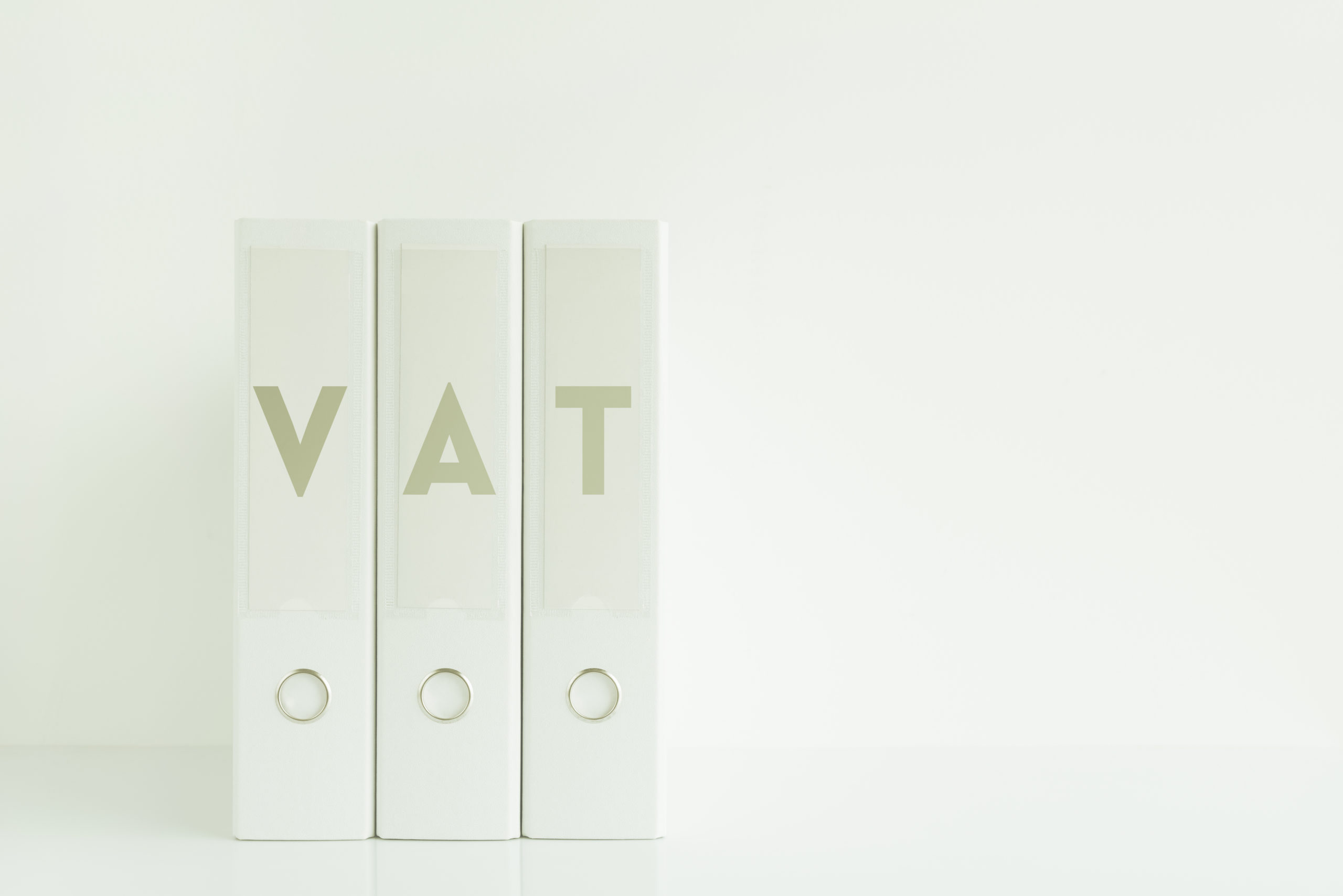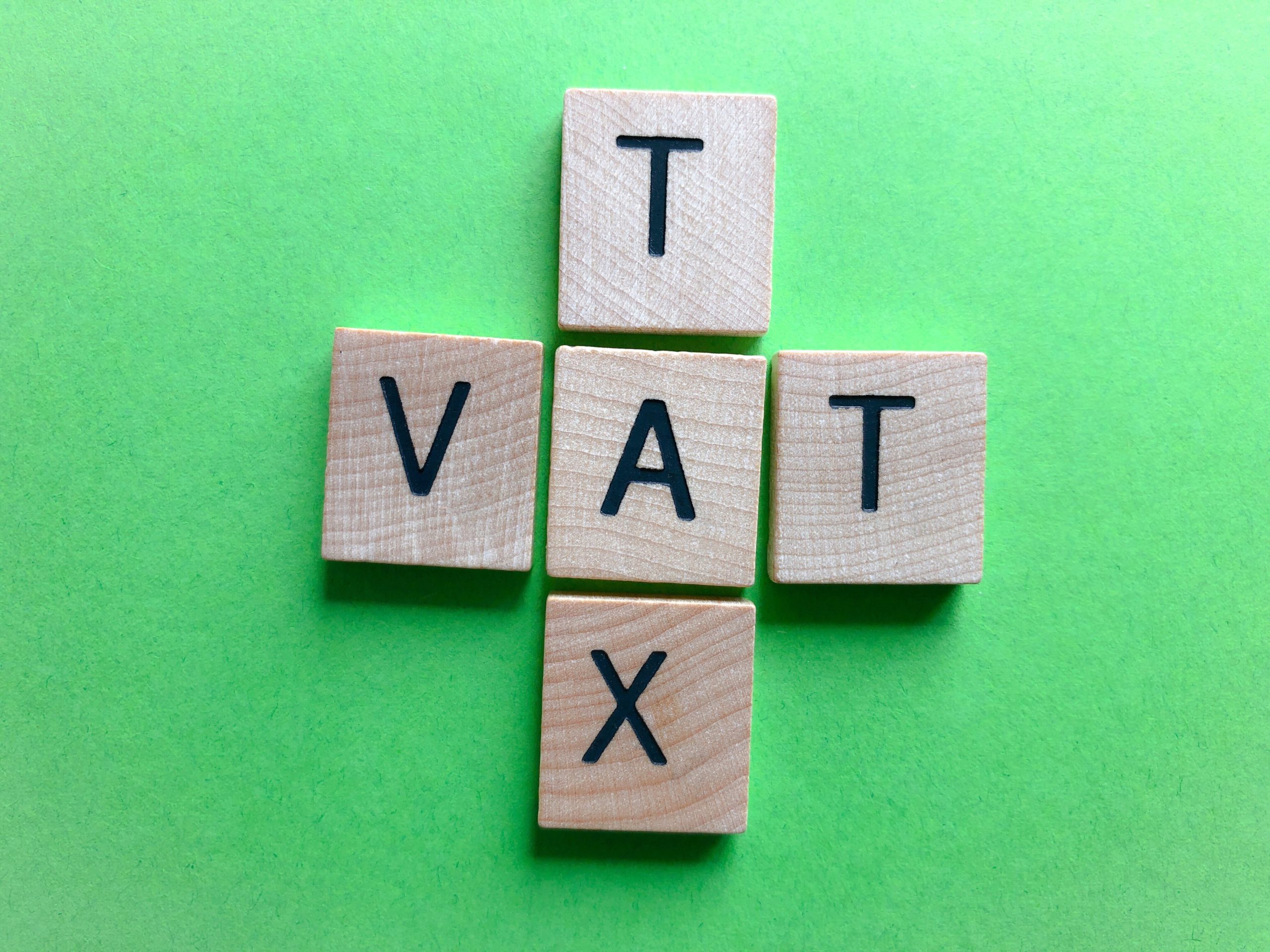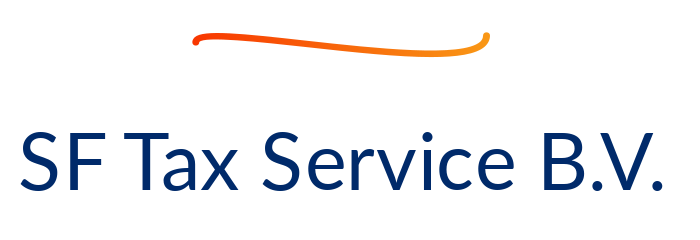


Invoice requirements:
An invoice must be made up for all goods and services to an entrepreneur or a legal entity who is not an entrepreneur. An invoice should be sent before the 15th day of the month following the month in which the goods were supplied. This is particularly important for VAT purposes, because if your invoices do not satisfy the requirements, your buyer will not be entitled to a VAT deduction.


VAT compliance and fiscal representation services .
Our company
We are authorized to represent foreign companies in the Netherlands for VAT purposes.
Dutch VAT
Foreign companies can appoint a fiscal representative in the Netherlands
Limited fiscal representation
You make use of SF VAT Services’ VAT number and import deferment license (artikel 23).
General fiscal representation
For the general fiscal representation service, we apply for your company’s own VAT number.
Direct contact
You only deal with one designated contact person.
